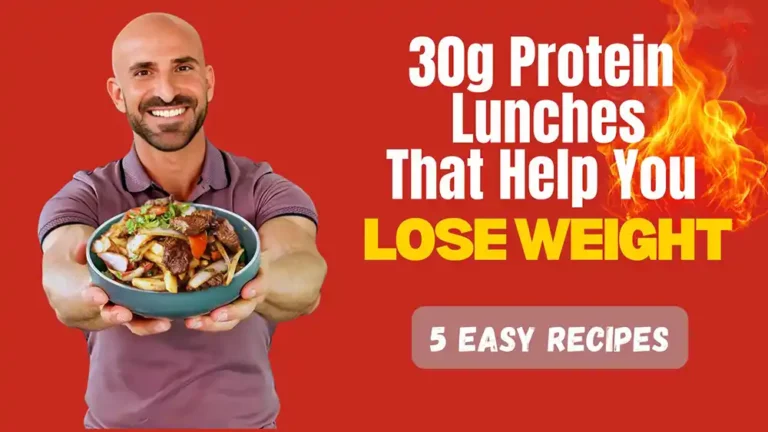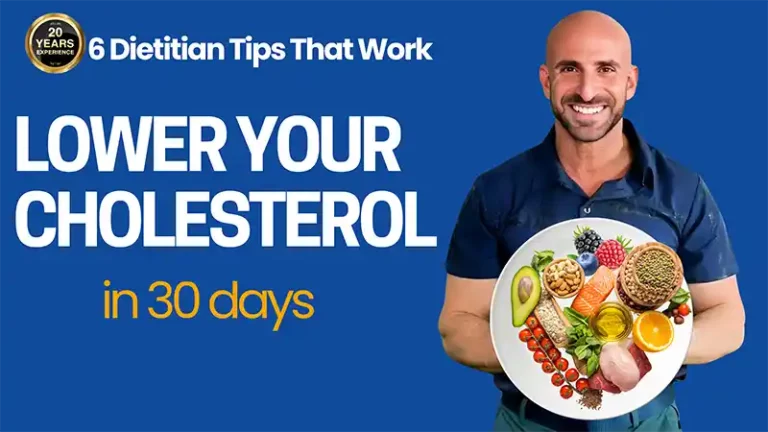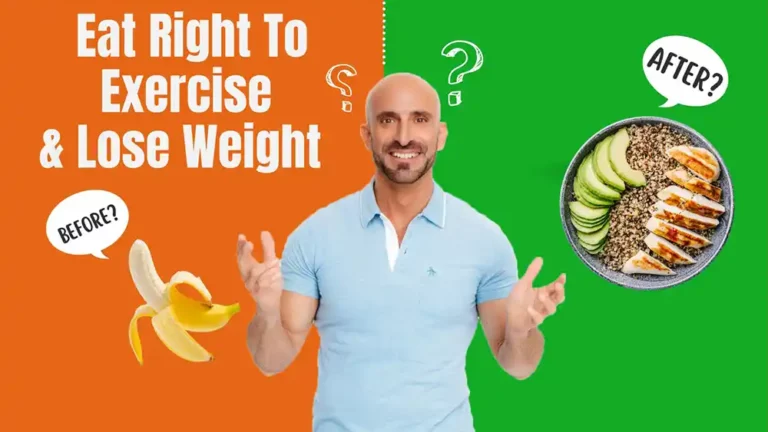

The picture on the right has half the portion of salmon and quinoa.
An article this week in Medical News Today talked about resent research regarding the “halo effect” and its relationship to organic food. The “halo effect,” as studied by Jenny Wan-chen Lee, is the idea that people will perceive a certain food product to be healthier if it is labeled as “organic.” This labeling of food results in a perceived notion that the food is automatically healthier due to the concept of it being organic. Lee’s study looked at organic yogurt, cookies, and chips and compared them to “regular-labeled” yogurt, cookies, and chips. Little did the participants know that both products were the exact same product – the organic version. Afterwards, Lee had participants rate their preference in taste and rate how much they would pay for each product. Participants stated they were willing to pay more for an “organic” product and the taste of the organic product was better than the regular product. The result of the study was that the “organic” food products were perceived as healthier, tastier, and worth more money than regular food products. Wow, so much difference in perception for the exact same product.
This article brings up many interesting topics:
#1. Do you purchase food items because they are labeled “organic”? You are correct to believe that organic does not contain pesticides and chemical fertilizers. Nor does organic food contain genetically modified organisms or chemical additives. However, a chip is still a chip. Whether it is organic or not, it will still contain adequate amounts of fat and calories. So just because something is labeled as organic or not, you still need to be aware of the portion sizes from the various food groups you are consuming because these calories and serving sizes will add up and will contribute towards “organically” growing your waistline.
#2. Does eating organic or “healthy” food result in bigger portion sizes? Many of my clients initially come to me and state, “I am eating so many heart-healthy foods such as salmon, almonds, and olive oil. But I’m not losing weight.” When we further discuss their situation, I find out they are eating handfuls and handfuls of almonds a day. Little do they initially know that a serving of almonds is about 6 and that has about 5 grams of fat. Heart-healthy is important, but it doesn’t result in a free-for-all with portions. Yes: the salmon is heart-healthy, but most people do not need to eat 12 ounces at one meal. So to answer the question: Organic is great. Healthy food is great. Be mindful of your portions and follow your recommended serving sizes. Organic does not equal all you can eat.
Sarah Koszyk, MA, RD, is a nutrition coach at Eating Free who cooks with love and loves to eat.





